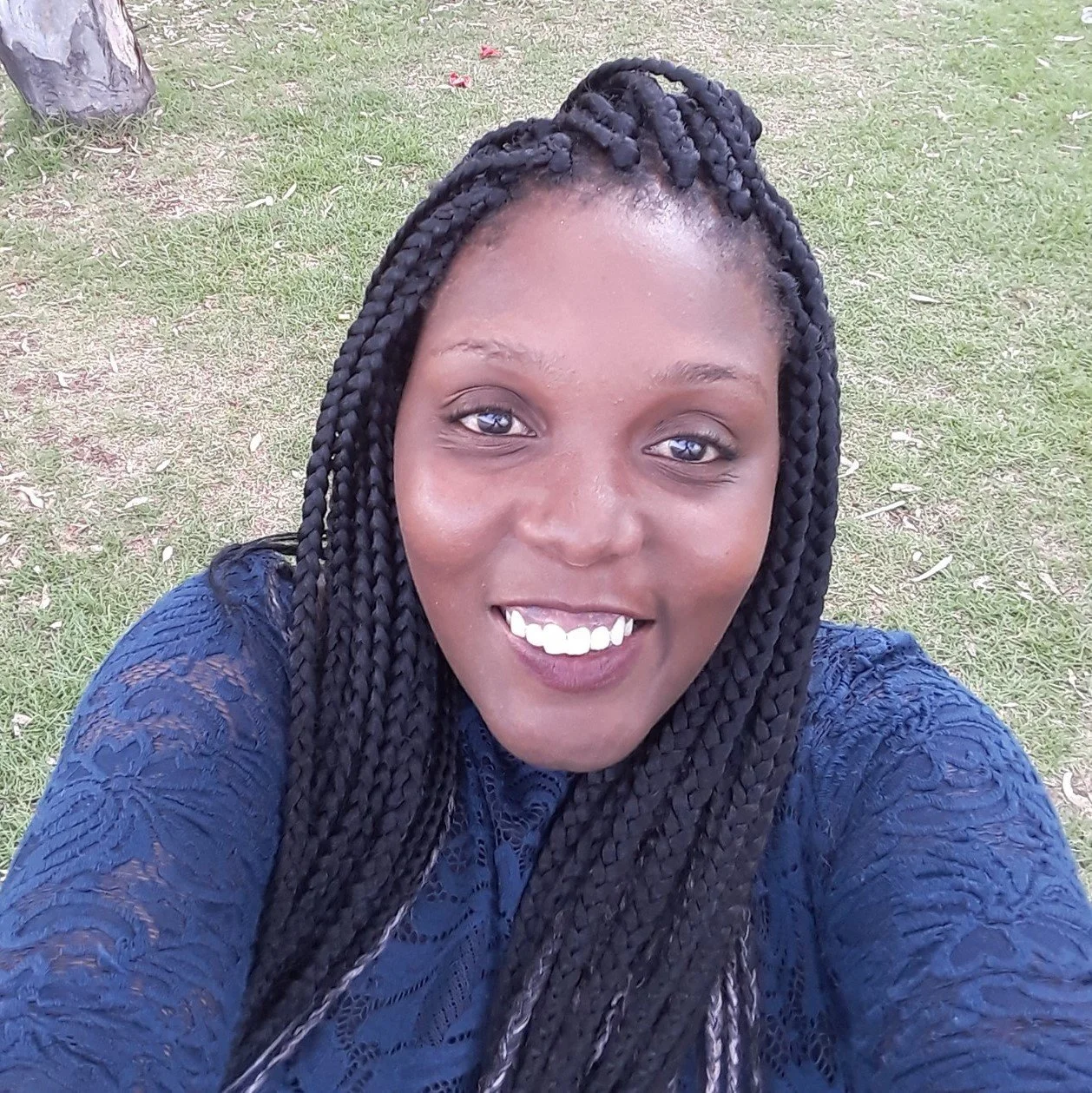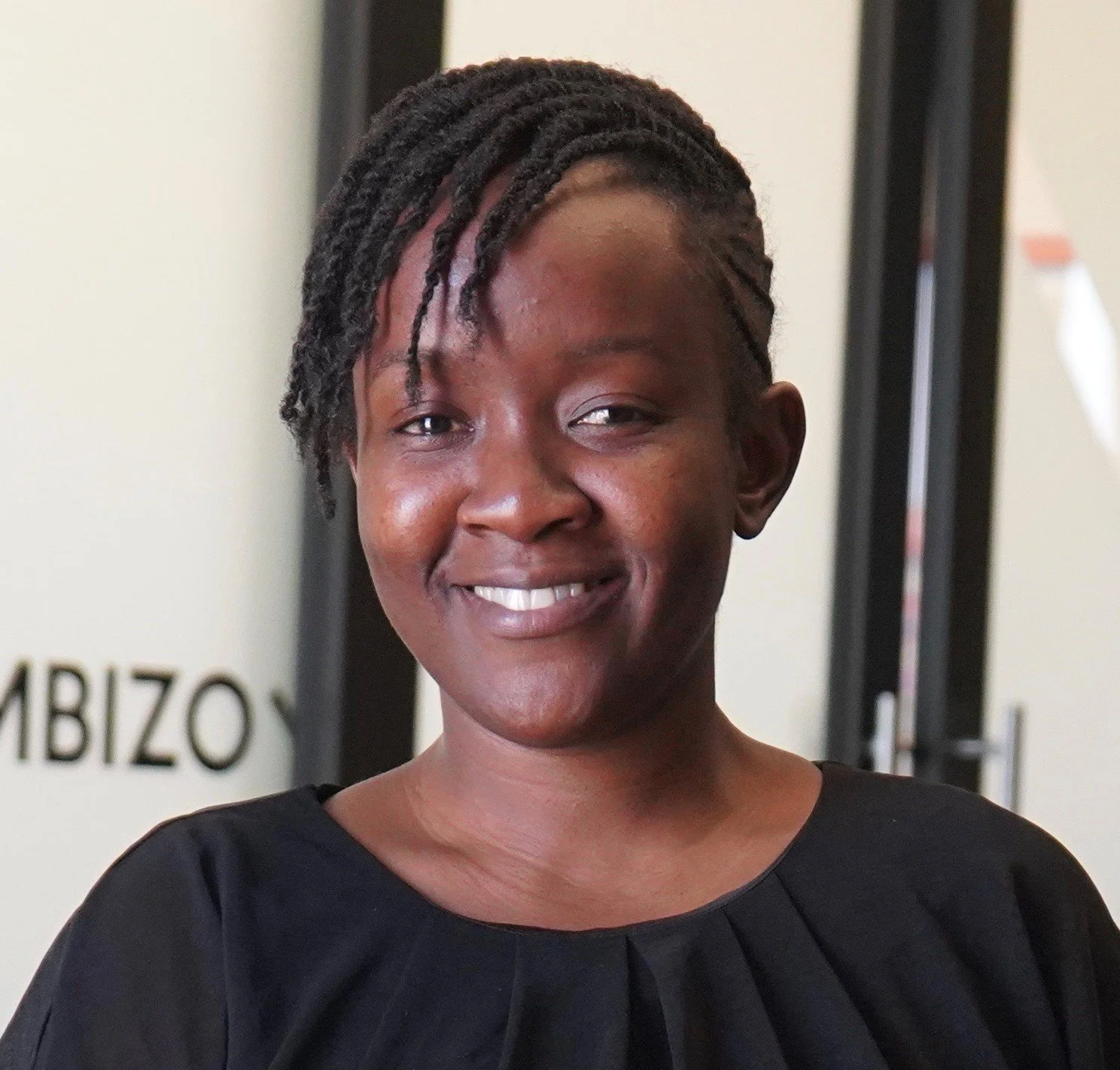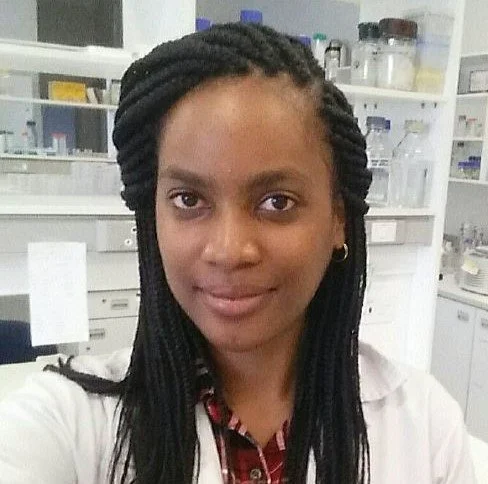Nomagugu Nyathi is a Zimbabwean studying Law at the University of Pretoria. Her PhD thesis is titled “Fostering the right to be heard: A critical analysis of child participation in South Africa's criminal courts." The study is driven by her conviction that children who participate in the criminal justice system must be afforded special protections. Nomagugu is a highly driven and passionate human rights activist. She is interested in building the agency of marginalized and vulnerable people, particularly women and children, using law as the main tool for social change. Her passionate commitment to human rights is influenced by her own experiences of growing up in Zimbabwe where human rights violations are increasingly the norm.
Prior to her doctoral studies, she worked in the social justice sector in South Africa where she gained extensive experience in developing and implementing rights-orientated projects. Inspired by her South African experience, Nomagugu established a children's community project called Scotch-Scotch Bhaza, (named after a popular children’s song) in Bulawayo, Zimbabwe. To date the project has reached over 100 children through its life-skills-oriented and inclusive play component and has connected disadvantaged children with educational opportunities. Nomagugu's vision is that this initiative will one day serve as a community law center providing pro-bono legal services to children facing various legal challenges.
Nomagugu currently serves on the editorial team of the South African Journal on Human Rights (SAJHR), where she specializes in editing manuscripts relating to freedom of expression, access to information, access to justice, rule of law and children's rights. Nomagugu's dream is to one day occupy an influential position in the African region to influence the laws and policies affecting children and young people.






